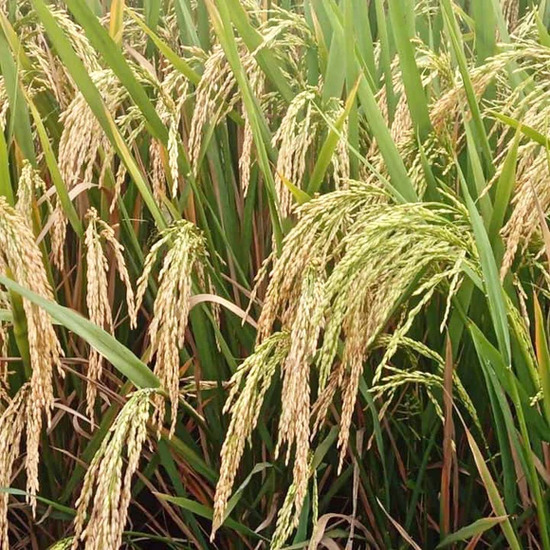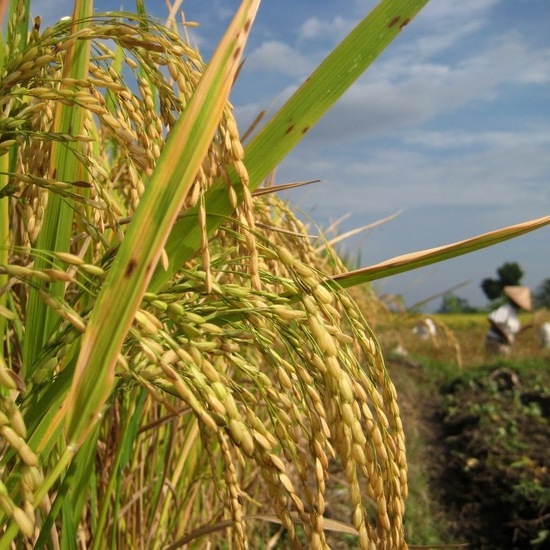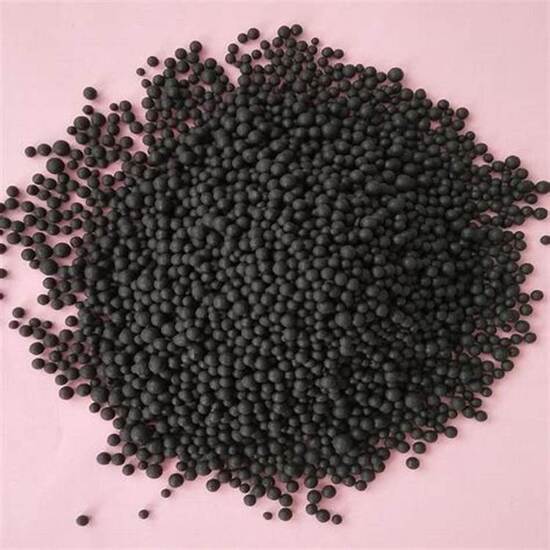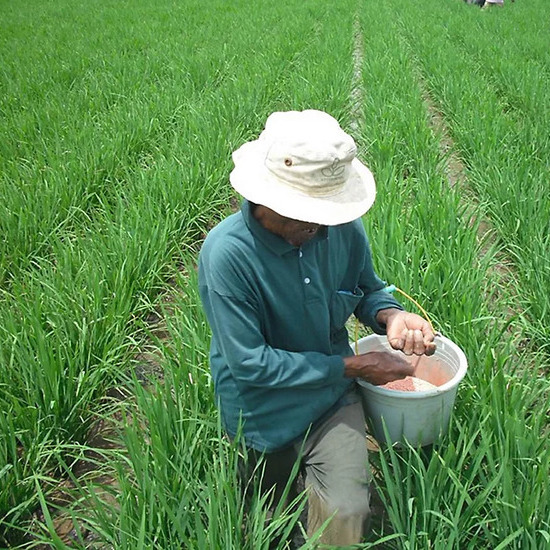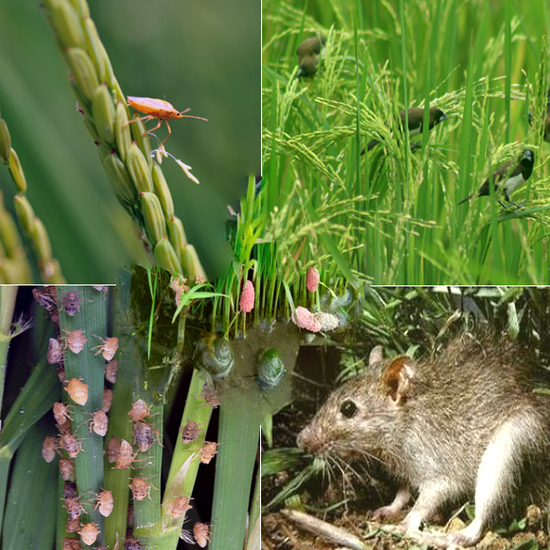Grain Prices Plunge, Farmers Cry: Challenges and Solutions for Sustainable Agriculture
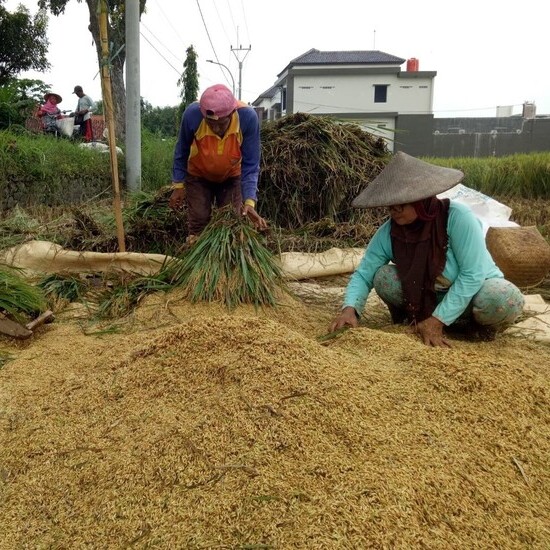
Agriculture is an important sector in the Indonesian economy, and rice is one of the main commodities relied upon by millions of farmers. However, the plunge in grain prices in recent weeks has caused panic among farmers. In various regions, grain prices have fallen significantly, making it difficult for farmers to cover production costs and earn decent profits. This condition raises concerns about the future of rice farming in Indonesia and the sustainability of small farmers’ livelihoods.
Impact of Declining Paddy Prices on Farmers
The decline in paddy prices has a direct impact on farmers’ welfare. Production costs, including seeds, fertilizers, pesticides, and labor, are not comparable to the low selling price of paddy. As a result, many farmers suffer losses and face difficulties in meeting their daily needs. Some are even forced to go into debt to continue the next planting season. This situation creates a cycle of poverty that is difficult to break, especially for small farmers who do not have access to adequate capital or financial assistance.
Furthermore, the decline in paddy prices has also impacted farmers’ motivation to continue planting rice. Many are starting to consider switching to other commodities or even abandoning farming altogether. If this trend continues, national rice production could be threatened, which will ultimately affect Indonesia’s food security. Therefore, it is important to find effective solutions to overcome this problem and ensure the sustainability of the rice farming sector.
Potential Solutions to Overcome the Decline in Paddy Prices
To overcome the decline in paddy prices and support farmers, a comprehensive and integrated approach is needed. Here are some solutions that can be considered:
-
Government Intervention: The government can intervene in the market by purchasing paddy from farmers at a fair price through Bulog or related institutions. This will help stabilize paddy prices and provide income security for farmers.
-
Diversification of Agricultural Products: Reducing dependence on rice by developing diversification of agricultural products can be a long-term solution. Farmers can be encouraged to plant other commodities that have high economic value and stable market demand.
-
Post-Harvest Technology Development: Improving post-harvest technology, such as modern rice milling and good storage, can help increase the added value of rice products. Derivative products such as rice flour, bran, and husks can be used as additional sources of income for farmers.
-
Access to Finance and Insurance: Expanding farmers’ access to affordable finance and agricultural insurance can help them overcome financial risks and stabilize incomes. Agricultural credit programs with low or no interest can be very helpful.
-
Agricultural Training and Extension: PT Matari Agro Indonesia, as an integrated agricultural training and consulting service center, can play an important role in providing training and extension to farmers. Training on efficient cultivation techniques, financial management, and agricultural product marketing can improve farmers’ capacity to face market challenges.
-
Strengthening Farmer Cooperatives: Farmer cooperatives can be a means to increase farmers’ bargaining power in the market. Through cooperatives, farmers can sell grain collectively, reduce production costs through bulk purchasing of input materials, and gain better access to markets.
PT Matari Agro Indonesia’s Role in Supporting Farmers
As a provider of integrated agricultural training and consulting services, PT Matari Agro Indonesia has a strong commitment to supporting farmers in facing various challenges, including declining grain prices. PT Matari Agro Indonesia provides various training programs designed to improve farmers’ skills and knowledge in efficient rice cultivation, post-harvest management, and product diversification.
In addition, PT Matari Agro Indonesia also collaborates with the government and financial institutions to facilitate farmers’ access to agricultural financing and insurance. With this support, it is hoped that farmers can reduce financial risks and gain better income stability.
Through these various initiatives, PT Matari Agro Indonesia hopes to contribute to improving farmer welfare and the sustainability of rice farming in Indonesia. The decline in rice prices is indeed a major challenge, but with good cooperation between the government, private institutions, and farmers themselves, this problem can be overcome.
The significant decline in rice prices in recent weeks has caused a crisis among rice farmers in Indonesia. To overcome this problem, a comprehensive and integrated solution is needed, including government intervention, diversification of agricultural products, development of post-harvest technology, access to financing and insurance, agricultural training, and strengthening farmer cooperatives. PT Matari Agro Indonesia, with its consulting and training services, is ready to support farmers in adopting new technologies and increasing their capacity to face market challenges. With joint efforts, we can ensure the sustainability of rice farming and improve the welfare of farmers in Indonesia.
Matari Agro Indonesia is one of the most affordable and farmer-friendly agricultural consulting companies in Indonesia. We provide high-end agricultural consulting services throughout the country with the help of a diverse team of scientists, operational experts, and technology. If you are looking for a better return on investment for your agricultural investment, contact the Matari Agro Indonesia team today!
